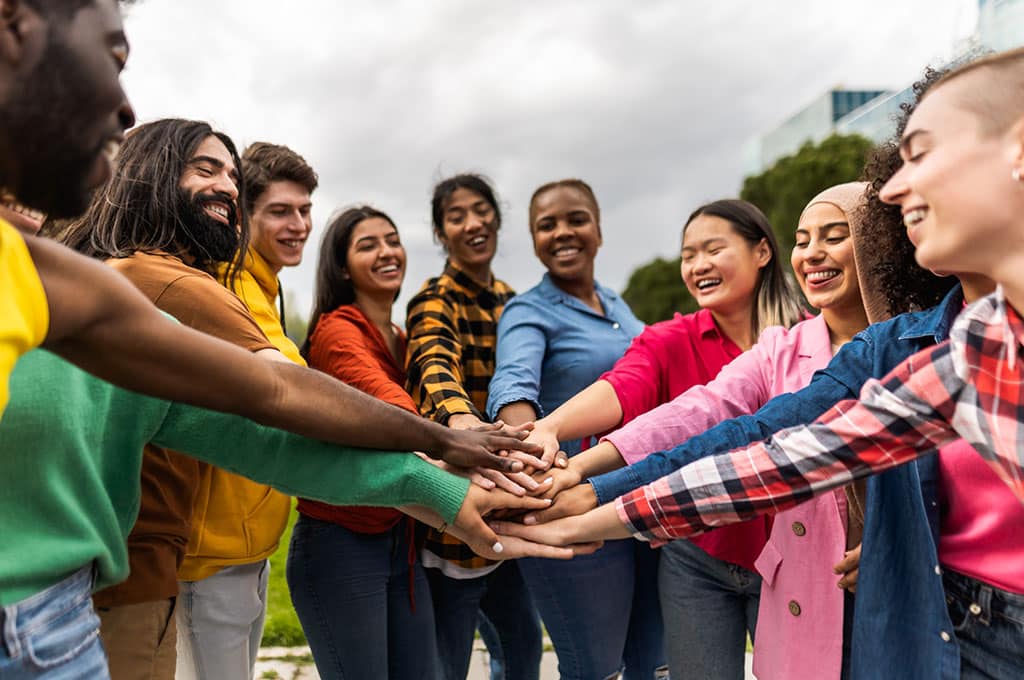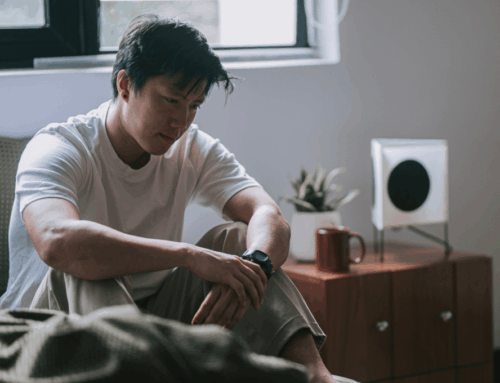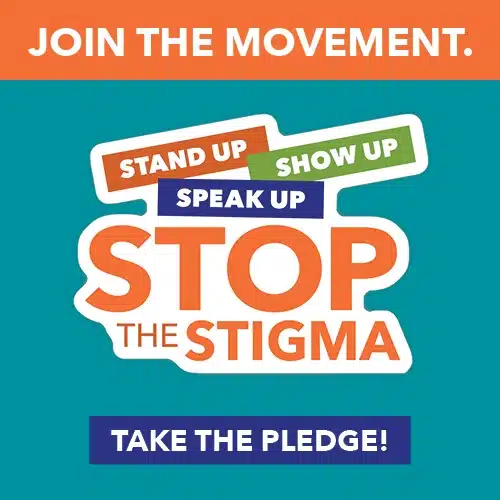Just as every person is unique, so is every culture. BIPOC (Black, Indigenous, and people of color) individuals hold rich histories and unique experiences which impact their beliefs and well-being. According to Mental Health America (MHA), BIPOC communities are significantly more likely to develop mental health conditions. With July as BIPOC Mental Health Month, it remains essential to understand mental health challenges through a diverse lens. To support BIPOC communities, MHA outlined information and resources for specific cultural groups.

American Indians/Alaska Natives
It is estimated that at least 18.7% of the 9.6 million American Indian/Alaska Natives have experienced a mental health condition within the past year. Many native tribes and lands that exist within the U.S. have been deeply impacted by European settlement and policies that dehumanize the established needs of these communities. Today, Indigenous individuals face severe poverty and discrimination, alongside a lack of culturally responsive mental health care. Because of this, many Indigenous cultures embrace family and community bonds as protective factors to support mental health.
Arab/Middle Eastern/Muslim/South Asian Heritage
Due to cultural differences and poverty throughout history, many AMEMSA territories of origin have been ravaged by war, leading to mass community displacements and leaving entire communities traumatized. Within the U.S., many have been affected by harassment, violence, and travel bans, which can be tied to poor mental health outcomes. Implementing protective factors and supporting current AMEMSA communities, when combined with the right mental health resources, may lead to improved well-being.
Asian/Pacific American Heritage
Of the estimated 22.9 million Asian/Pacific Americans in the U.S., 2.9 million are living with mental health conditions. Despite this, access to mental health care remains one of the largest barriers to well-being, especially since nearly a third of Asian Americans do not speak English fluently. Many Asian/Pacific cultures also hold stigmatized beliefs around mental health, leading to shame and guilt. Research suggests community plays an important role in Asian/Pacific American support, and finding community-centered care may help strengthen the system.
Black/African American Heritage
Historically, the Black and African American experience in America has been unjustly characterized by violence, trauma, and racism. Black adults in the United States are more likely than white adults to report persistent symptoms of emotional distress – and face more barriers to receiving care. More than 7 million Black and African American individuals in the U.S. are living with a mental health condition. Cultural values like family connection, expression through spirituality or art, and reliance on community networks can all be great sources of strength for Black individuals.
Latinx/Hispanic Heritage
From the historical effects of colonization to current day immigration and xenophobia, those within Latinx/Hispanic communities have fought for basic dignity and respect. Mental health remains an often untouched topic in Latinx/Hispanic communities, despite nearly 10 million of the estimated population living with mental health conditions. Due to immigration, challenges with identity and its complexity can often prevent Latinx/Hispanic individuals from getting the culturally relevant support they need.
Multiracial Heritage
Of individuals who live with mental health conditions, 25% identify as “multiracial” (two or more races). Multiracial individuals sometimes must balance identities of each culture they originate from while also holding onto a strong sense of individual identity. In considering the mental health of these communities, there must be special attention placed on helping individuals connect with their identities to lessen negative perceptions and promote positive well-being.
Oaks Integrated Care remains dedicated to staying informed about BIPOC mental health and supporting all individuals living with mental illness. If you or someone you know is looking for guidance in the treatment process, Oaks is here to help. To learn more about our mental health services or schedule an appointment, call our Access Center at 1-800-963-3377 or fill out our contact form.









